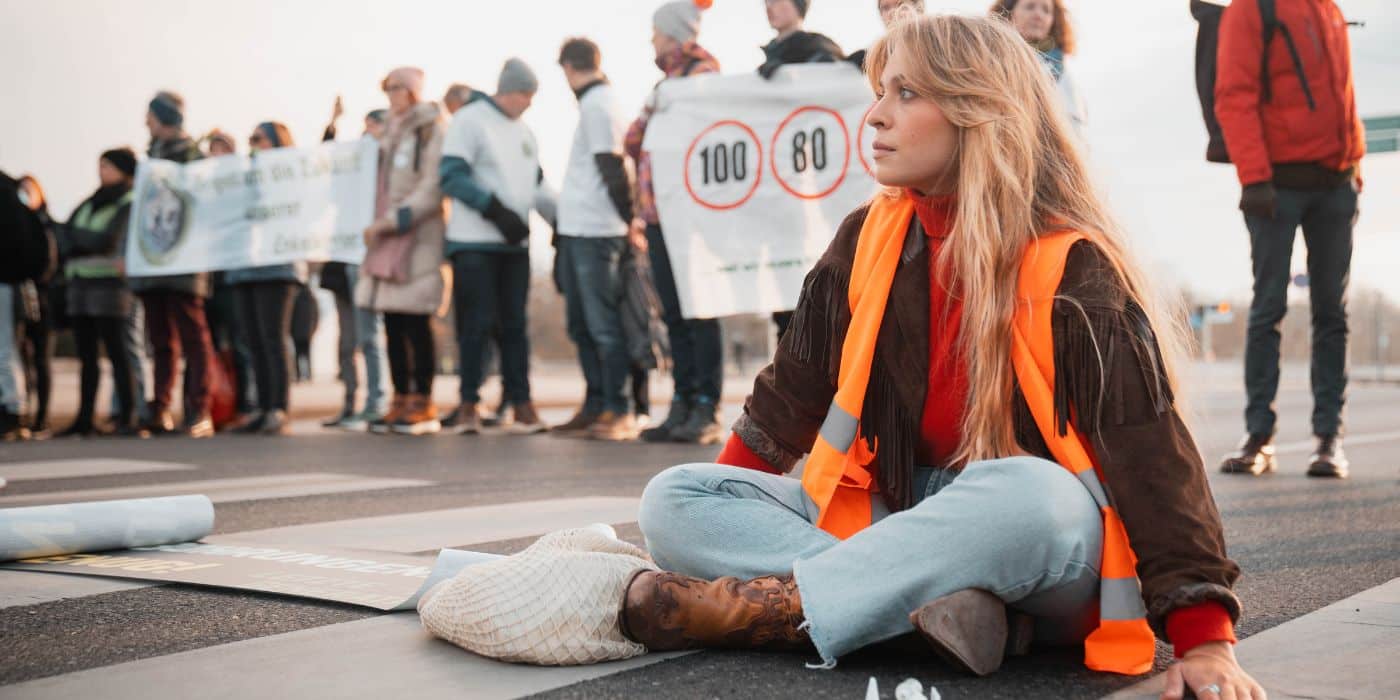8 months without parole for climate activist

Berlin hotspot of climate activism
Berlin, the vibrant capital of Germany, has become a focal point of climate activism in recent years. The group “Last Generation” in particular has made a name for itself through controversial actions and unwavering commitment. Their creative and often challenging protest methods have sparked a deep and often polarising debate about the limits of civil disobedience in a democratic society.
A judicial precedent
The recent sentencing of a 41-year-old activist of this movement to eight months in prison without parole raises many questions. This sentence, which is well above what the prosecution is asking for, could serve as a precedent for future cases. It is a testament to the strained relationship between activists advocating for urgent change and a justice system that struggles to assess such actions.
The sentencing debate
The verdict has made waves, both among supporters of climate activism and its critics. Is such punishment justified for peaceful protest, even if it involves disruptive tactics? How can a balance be struck between the right to free expression and the need to maintain order and security? The case underlines the need to discuss such questions thoroughly and with a view to the underlying societal challenges.
Future of the climate test in Berlin
The impact of this ruling on the climate protest movement in Berlin is still unclear. It could deter potential activists, but it could also serve as a catalyst for larger and even more determined actions. Perhaps it will also lead to a change in tactics or new forms of engagement. What is clear, however, is that climate change remains a pressing challenge and people will continue to seek ways to draw attention to it and demand change.
Concluding thoughts
The debate around climate activism, civil disobedience and the role of justice is complex and multi-layered. While the urgent need to respond to climate change remains undisputed, the methods to achieve this and their legal assessment are the subject of ongoing debate. It is essential that this dialogue is conducted with respect, openness and the common goal of securing a livable future for all.





